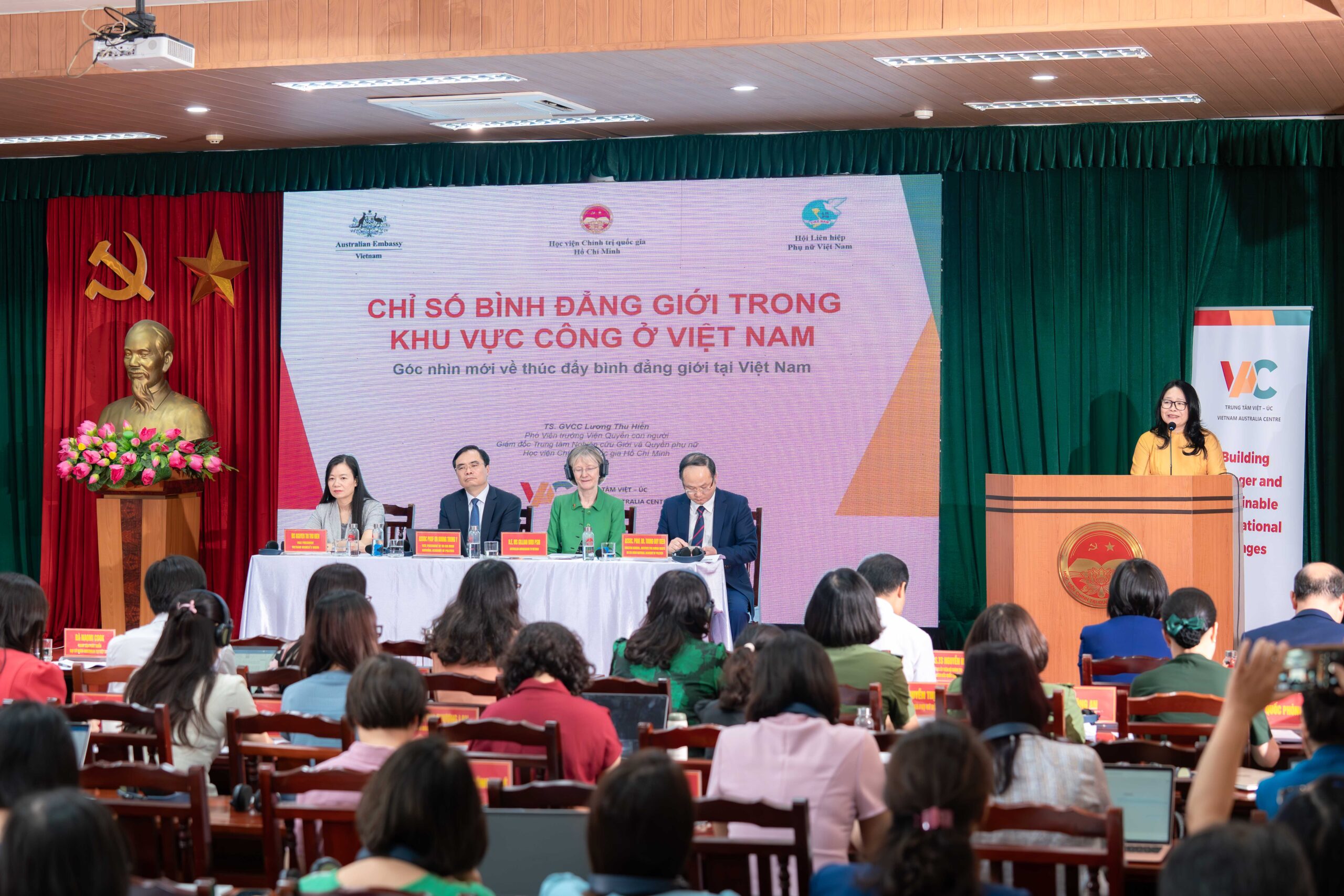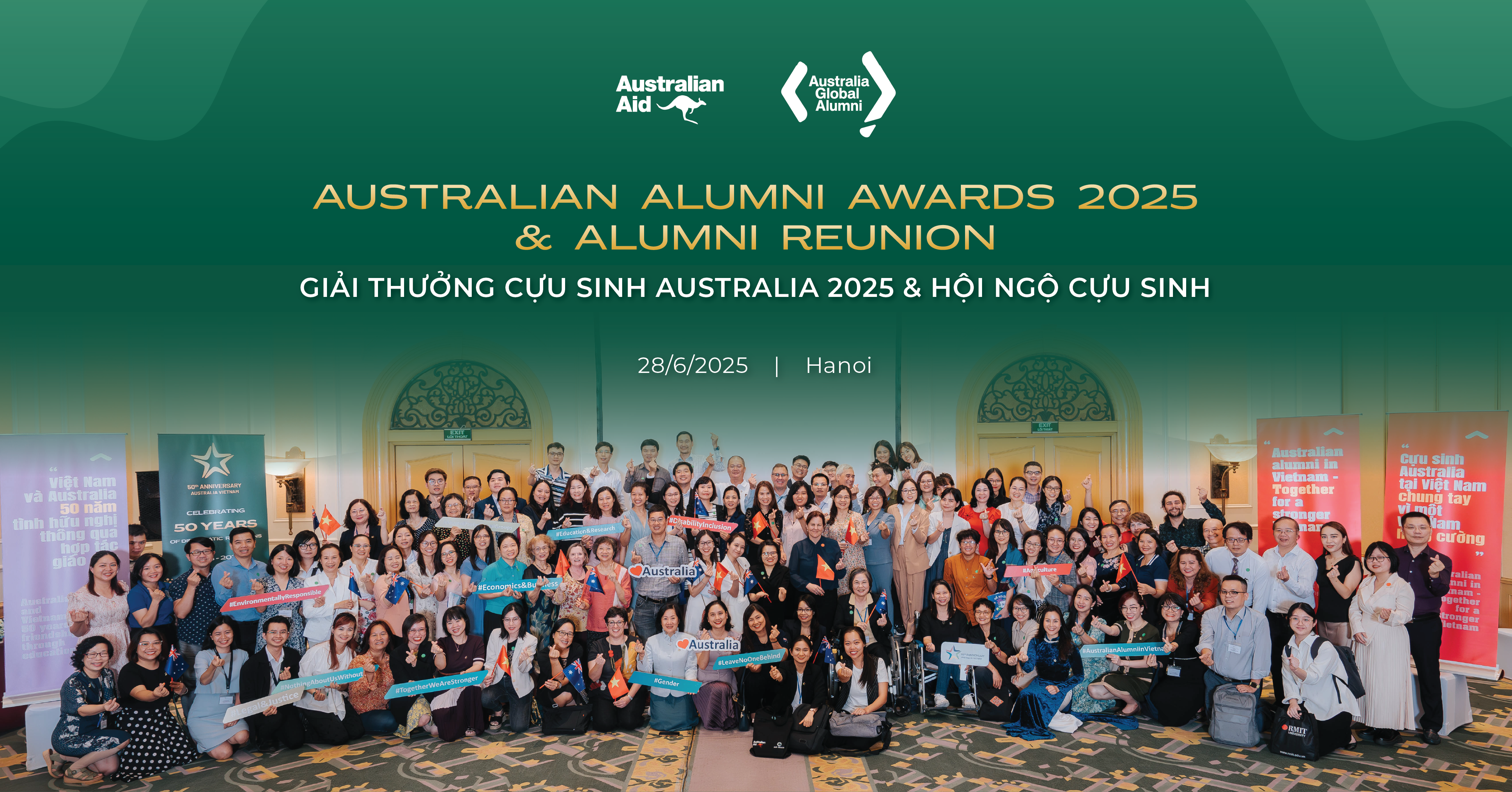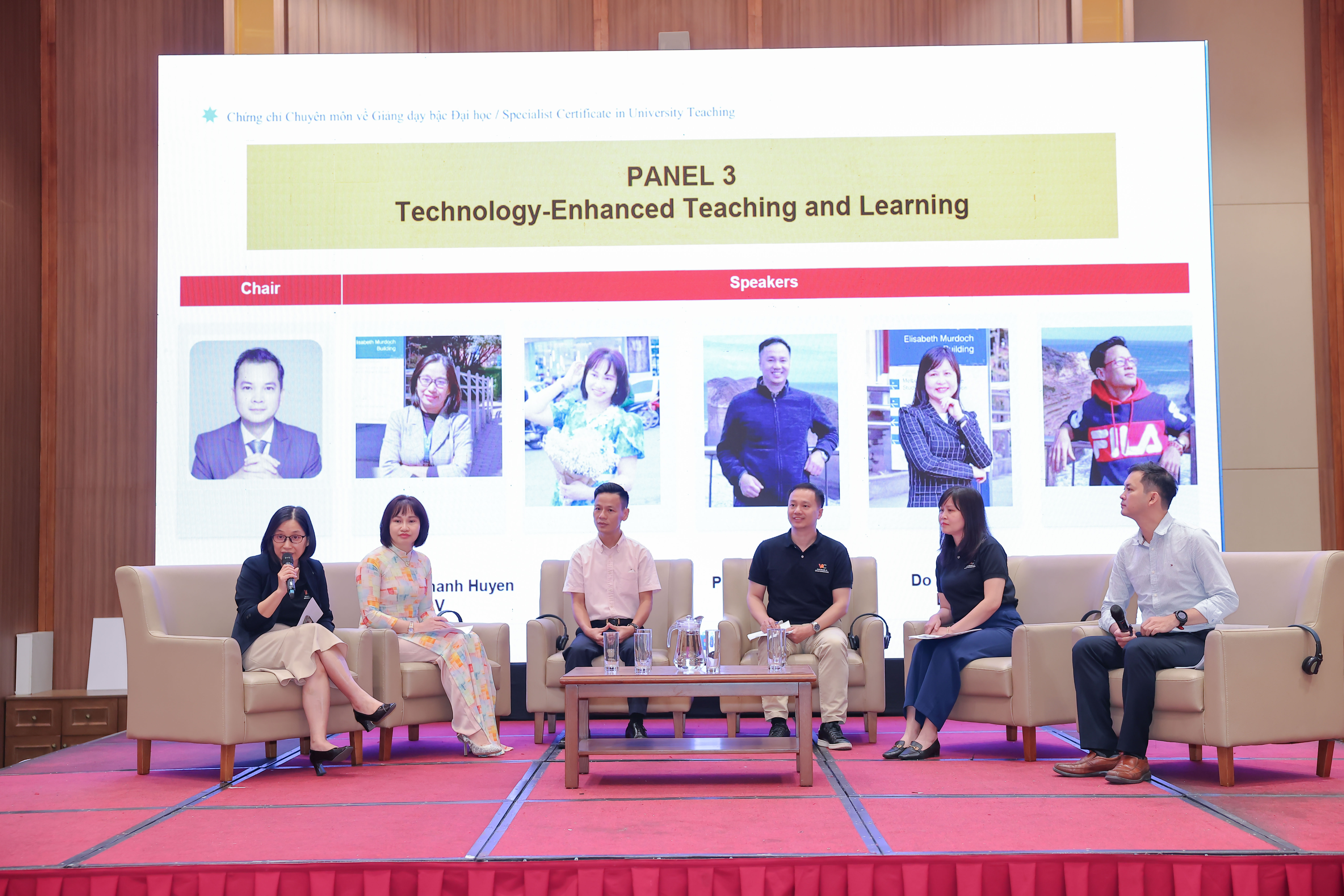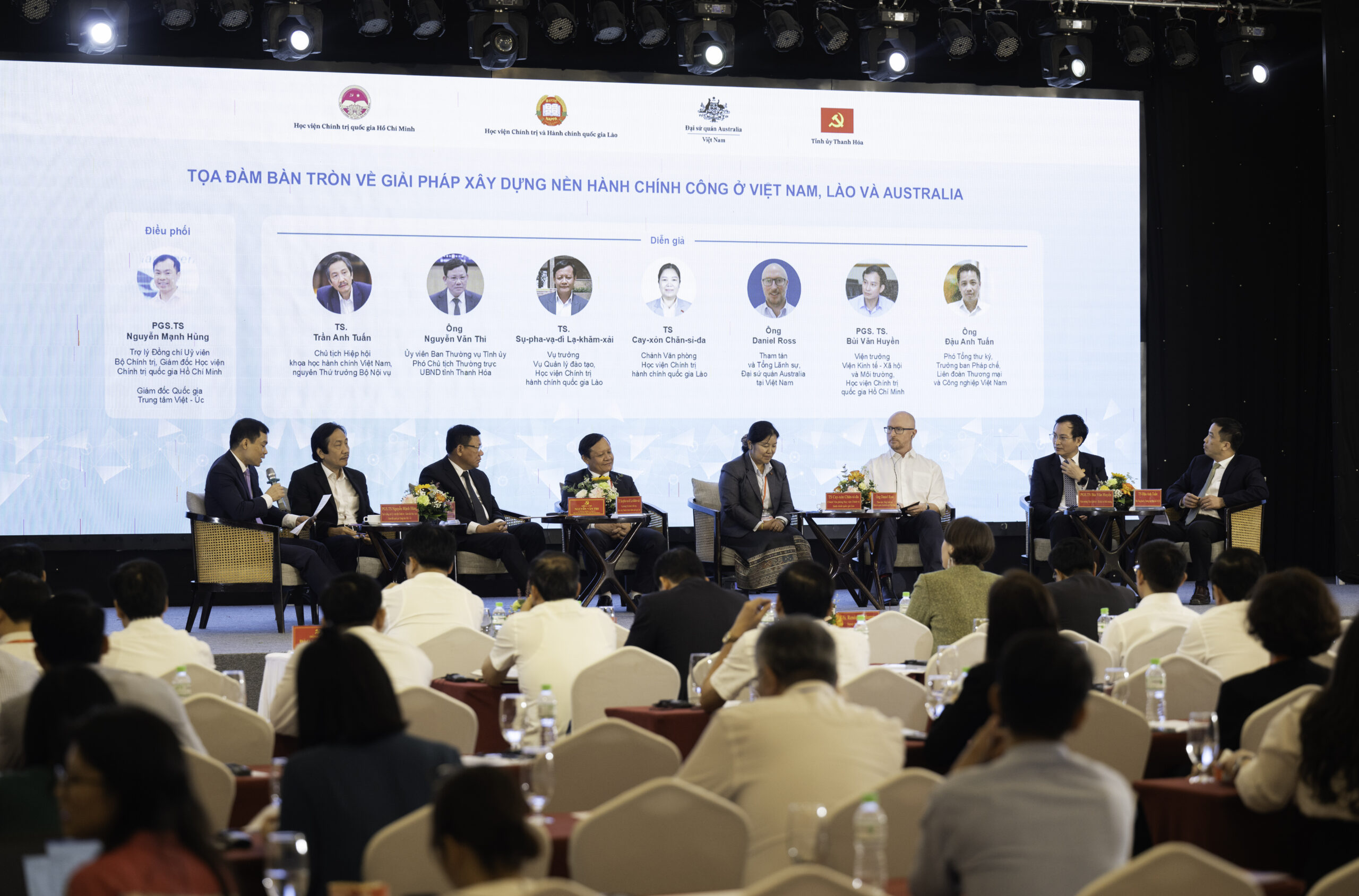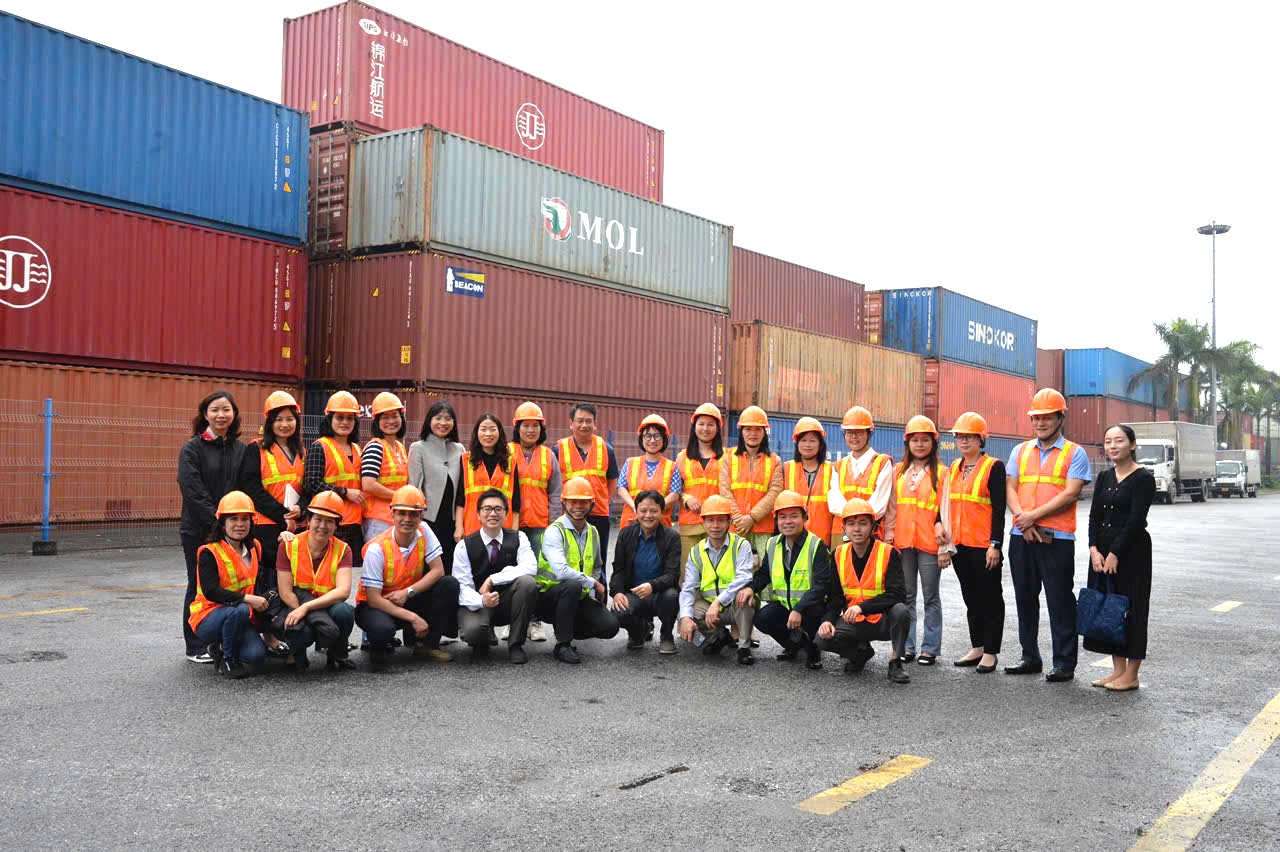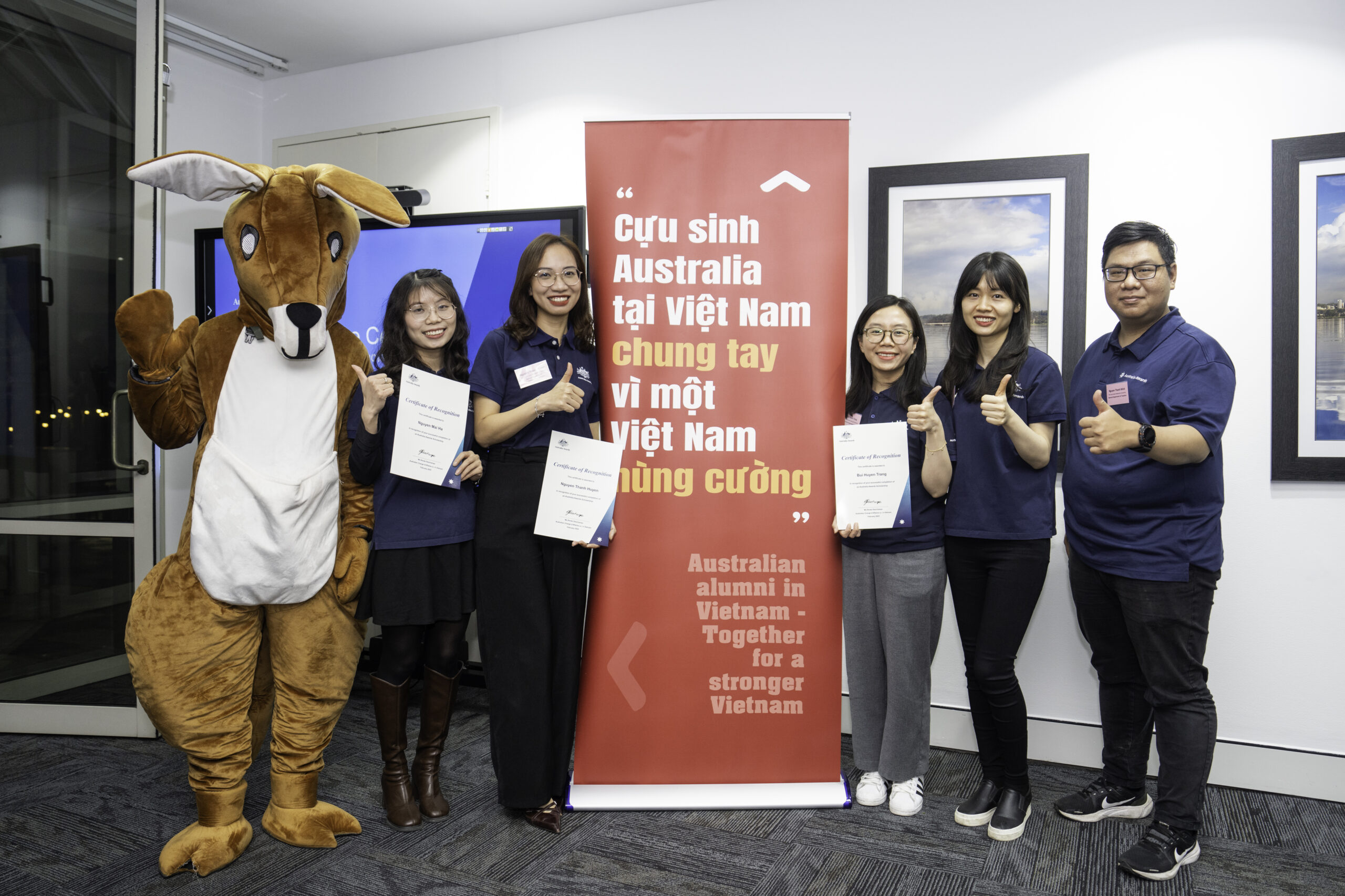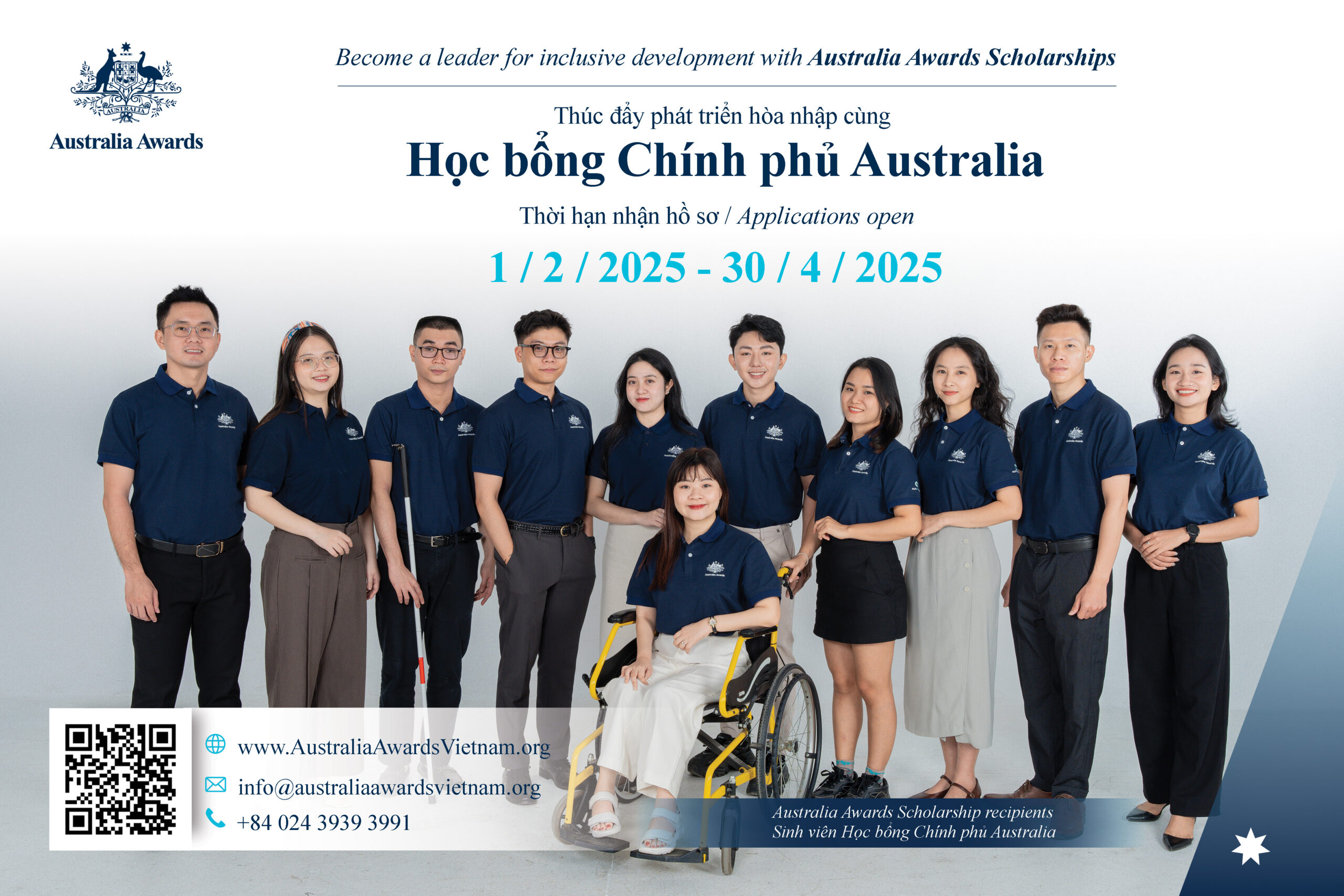The COVID-19 pandemic has seriously affected the entire labour market, especially those who work in the logistics industry. The post-COVID-19 workforce will have to face certain changes. How should the workforce be trained to adapt to this change?

Deep-sea ports in Mekong Delta in high demand for logistics human resources
Obvious impacts
In order to analyse the impact of the pandemic affecting the industry’s operation, especially the impact on the labour market and the vocational education and training in Logistics, the Logistics Industry Reference Council (LIRC) together with the Secretariat – the Vietnam Chamber of Commerce and Industry Ho Chi Minh City branch (VCCI-HCM) under the scope of the Aus4Skills program, have conducted a rapid assessment report on the Impact of COVID-19 on the skills demand of workers activities and human resources training activities for the Vietnamese Logistics industry.
The report addresses issues such as the impact of COVID-19 on the operations of businesses and vocational education activities of the Logistics industry in Vietnam; the impact of the pandemic on Logistics services in APEC economies. From short-term to long-term analyses, the authors analysed the impact on human resources training for Logistics in Ho Chi Minh City and made recommendations for each specific affected group.
Mr. Vũ Ninh – Member of BOD of Gemadept Corporation/Chair of Logistics Industry Reference Council (LIRC), remarked: “After the pandemic occured, we need to adjust the pace of labour supply and demand as well as the skills of the workforce according to the actual situation. Therefore, training, skills forecasting and reporting on the impact of the COVID-19 pandemic will be essential.”
Mr. Võ Tân Thành, Vice Chair of Vietnam Chamber of Commerce and Industry (VCCI)/ Director of the VCCI Ho Chi Minh City Branch, remarked: “The analysis in the report showed in time new challenges in human resources that logistics enterprises are facing as well as the necessary requirements in changing the training practice that vocational education institutions need to implement to ensure the quality of training can meet the needs of the market.“
Change to adapt
According to the statistics from Vietnam Institute of Research and Development, by 2019 logistics service providers were in need of additional 18,000 employees, while manufacturers and traders were in need of more than a million logistics workers. It is forecast that until 2030 Vietnam will be in need of a workforce of 200,000 logistics professionals. This shows that the logistics sector will continue to attract a large number of skilled workers, particularly in Southern region and Mekong Delta.
Understanding the regional demand for human resources and the potential of logistics in maritime economic development in the near future, Trà Vinh university has placed a priority on logistics as a key subject of training. From the university’s perspective, logistics will continue to be a fast growing new business post Covid-19 in the Southwest region, to contribute a lot to the import-export transactions and the economy.
Ass.Prof. Diệp Thanh Tùng, Head of Economics Law Department at Tra Vinh University, remarked: “We are very firm to add logistics to our training program post Covid-19, to early respond to the market demand. Through introducing the CO-OP model in which businesses engage in training, students spend two thirds of their time on internship at enterprises, the university provides students with more opportunities to practice and to be employed after graduation.”
===================================================================================
Mekong Delta is considered the largest agricultural production hub of Vietnam that contributes 40% of the total agri outputs, >50% of rice output and 70% of fruit output. Particularly, upto 90% of Vietnam’s rice export volume and 65% of aquaculture products come from this region. This presents a huge demand for logistics post Covid-19, which requires a comprehensive and long-term strategy for training to respond to the market demand. – Ass.Prof Dr. Phạm Tiết Khánh, Rector of Tra Vinh University, shared.
===================================================================================
Source:Education & Times










